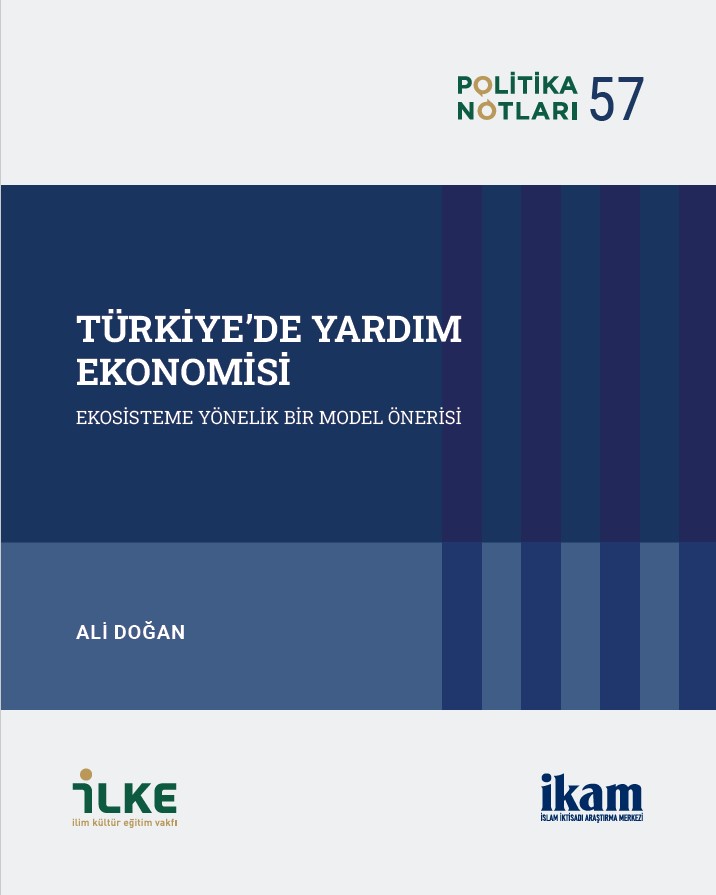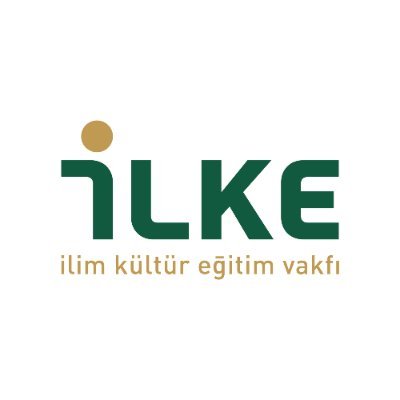In today's world, social, economic, and ecological
dynamics are becoming increasingly sophisticate day by day. Natural disasters
and crises, especially after Cold War, have triggered a significant global
surge in humanitarian needs over the past three decades. This has led to the
emergence of an economy of aid aimed at
tackling this challenging scenario. However, it's evident that the economy of aid, comprising contributions from
international organizations, governments, NGOs, corporations, and individuals,
currently lacks in both quality and quantity.
Türkiye, on the other hand, has developed a distinctive
aid ecosystem over the years, particularly since the 2010s, drawing from its
rich charitable heritage inherited from the Ottoman era. Consequently, Türkiye has established a notable economy of aid, both domestically and
internationally.
This policy brief
addresses the aid economy in Türkiye. It also aims to identify Türkiye's position
in the global aid economy, examine the evolution of the balance between state
and civil society in Turkey, and propose a model for a more sustainable aid ecosystem.



